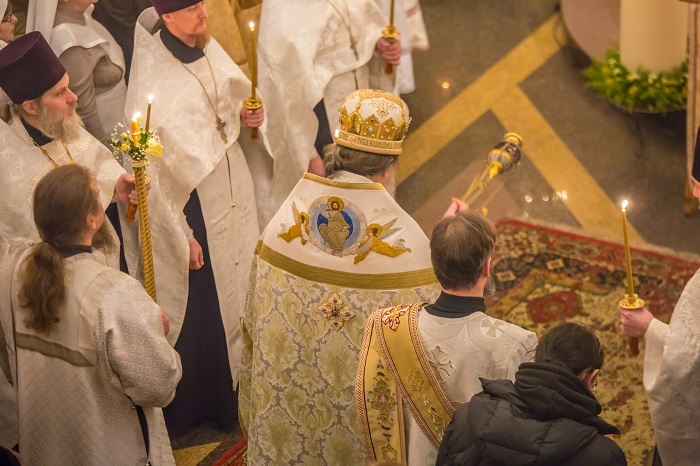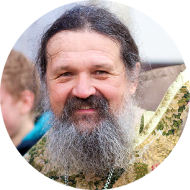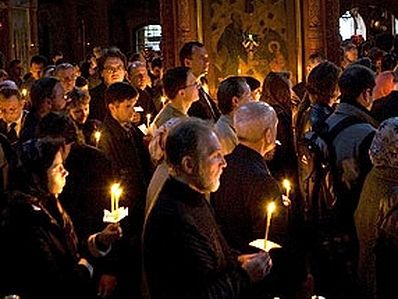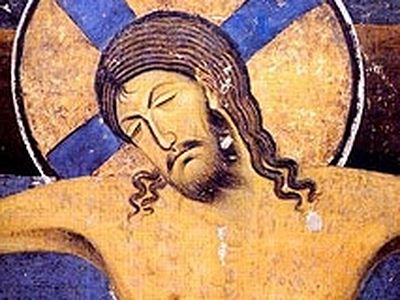Source: St. Elizabeth Convent
March 1, 2017
With God’s help we are beginning Great Lent. We have to start to work on ourselves, to set our thoughts in order. Our inner man should be restored. All our thoughts and feelings are devastated, tangled and crushed by sin. How can we live in such a condition and say that we are Christians?
The thing is that we need help. And the Church offers us help in plenty, for everything we hear and see in a church, everything that happens there is blessed by the Holy Spirit. It is a sacred place which washes away any blight and impurity. But to clear ourselves we need to be attentive. We need to withstand our weaknesses and believe in the victory of the Resurrection. We have takena small step, but there are still so many steps ahead! However, let us not forget that we should thank God for the present day as well. A thankful man does not despair, he does not complain that he is not well, that something is wrong in his life. A thankful man gives thank for what he has, and then God gives him even more. So, let us prepare for the evening service, when we can listen to the Great Canon of St. Andrew of Crete. At the same time, let us not forget that the day is going on, and our service to God continues not only in a church, but outside it as well. It continues through the people we will meet today and through the work we have to do despite the fact we are a little tired. We have spent several hours at the service – and we got tired. But what will we do in the Kingdom of Heaven then? You know that in the Kingdom of Heaven we will constantly praise God standing near His Throne. This is why our tiredness should not hinder us to serve, to work as hard as we can to earn our earthly and Heavenly Bread.





